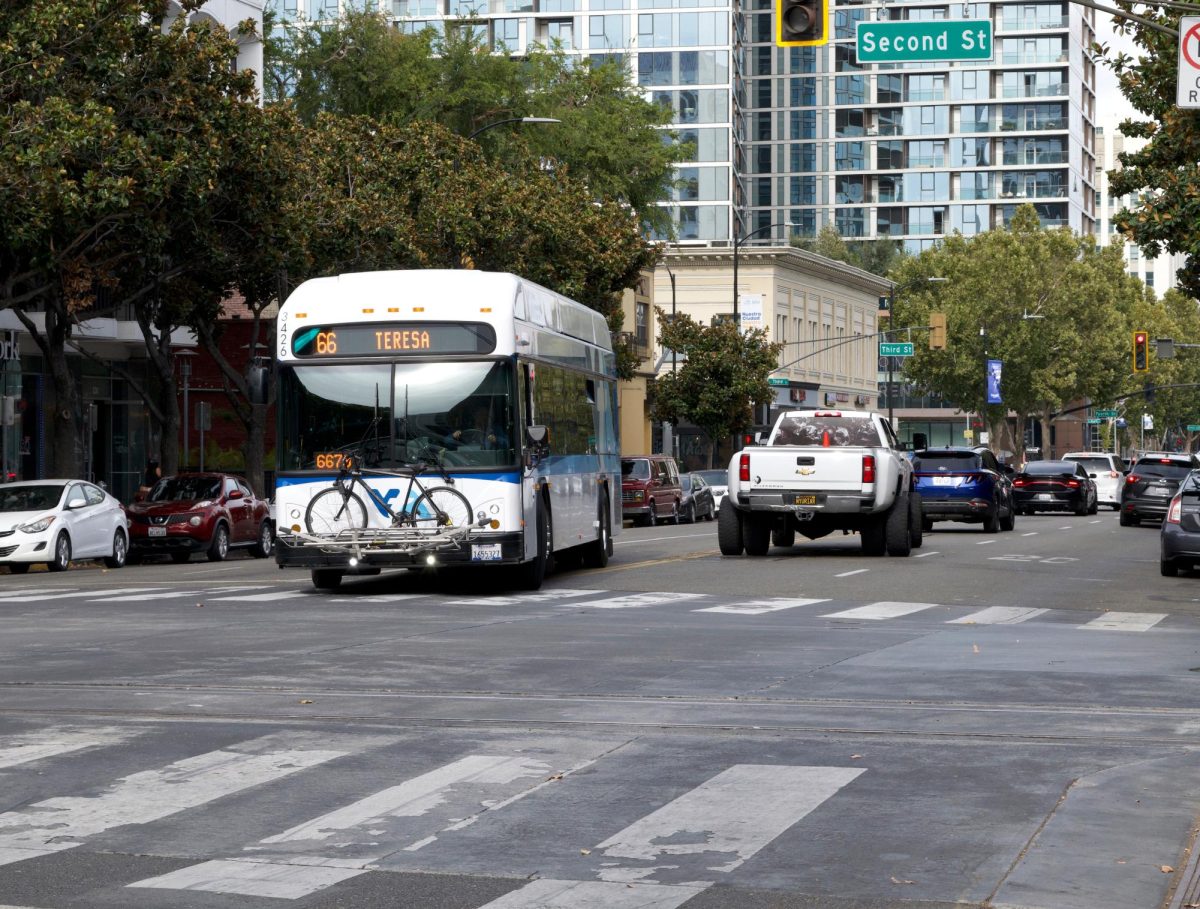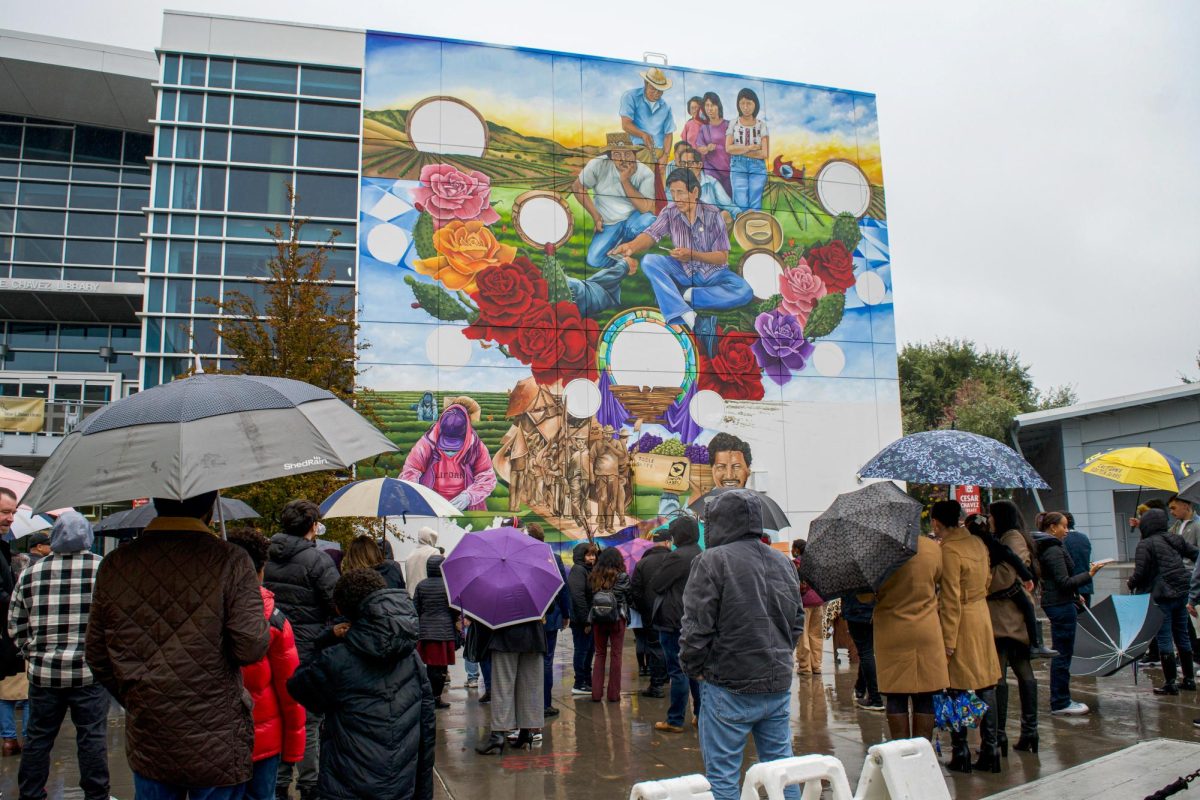The Deferred Act grants immigrants who qualify a chance to receive an identification card and a temporary social security card.
The United States Department of Homeland Security announced the Deferred Act 60 days before it went into effect on Aug. 15. It allows immigrants to request for a deferred action not to get deported from the U.S. Those who immigrated to the U.S. between the ages 15 and 30 now are eligible.
Although the act does not grant citizenship, it gives immigrants time to earn their citizenship or work for the next two years.
Many people were at work trying to make this act happen for individuals, from human rights groups to religious groups.
The Deferred Act comes at a cost to the applicant with fees ranging from $400 to $1,000, depending on which legal services the applicant uses.
The Deferred Action Network Group connects immigrants with attorneys and resources. On Sept. 7 and Sept.21, a workshop providing information was held at San Jose City College in the Student Center.
All undocumented immigrants can partake, provided the immigrants lived here before the act was instated.
There are many things that can disqualify an individual from the Deferred Act, including criminal charges and long leaves from the U.S.
It is just an act; not a law. The act only provides a work permit and a pathway.






